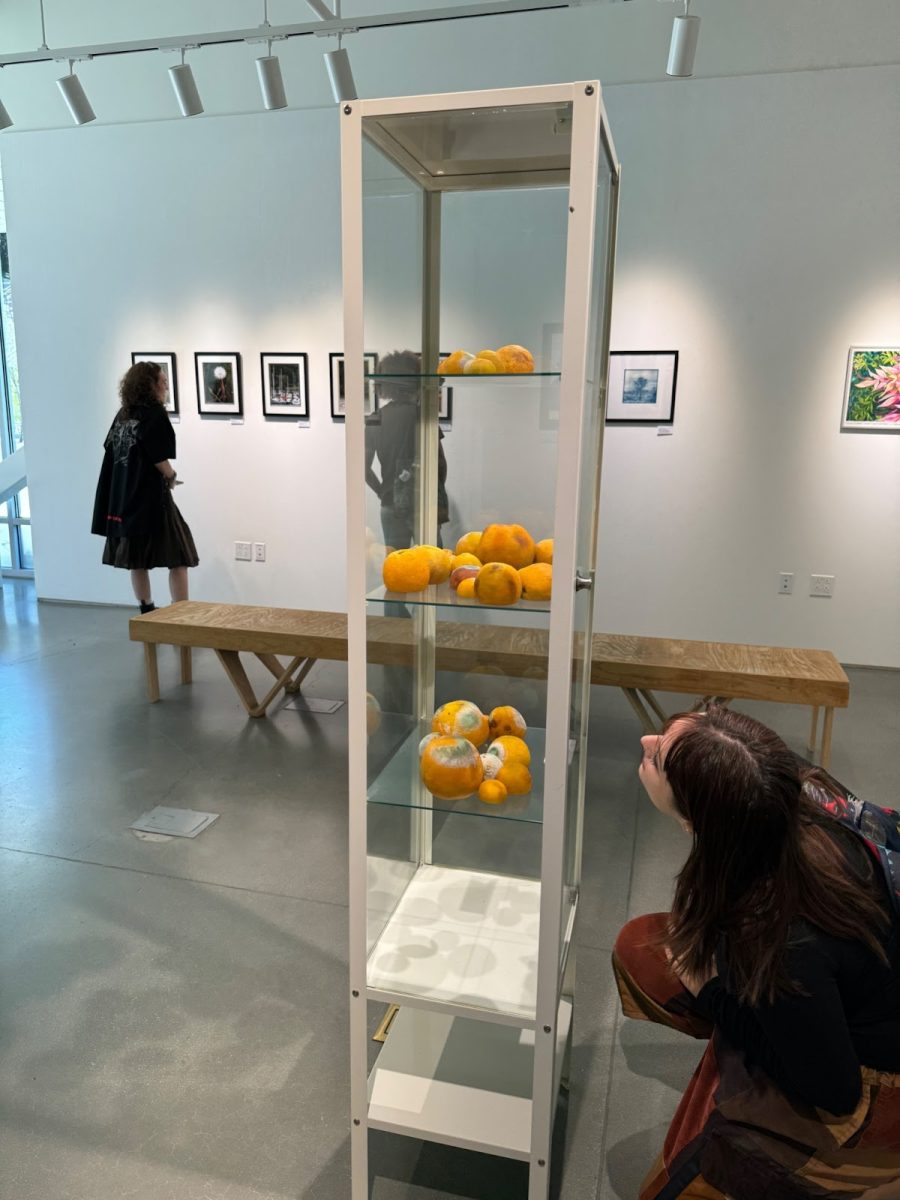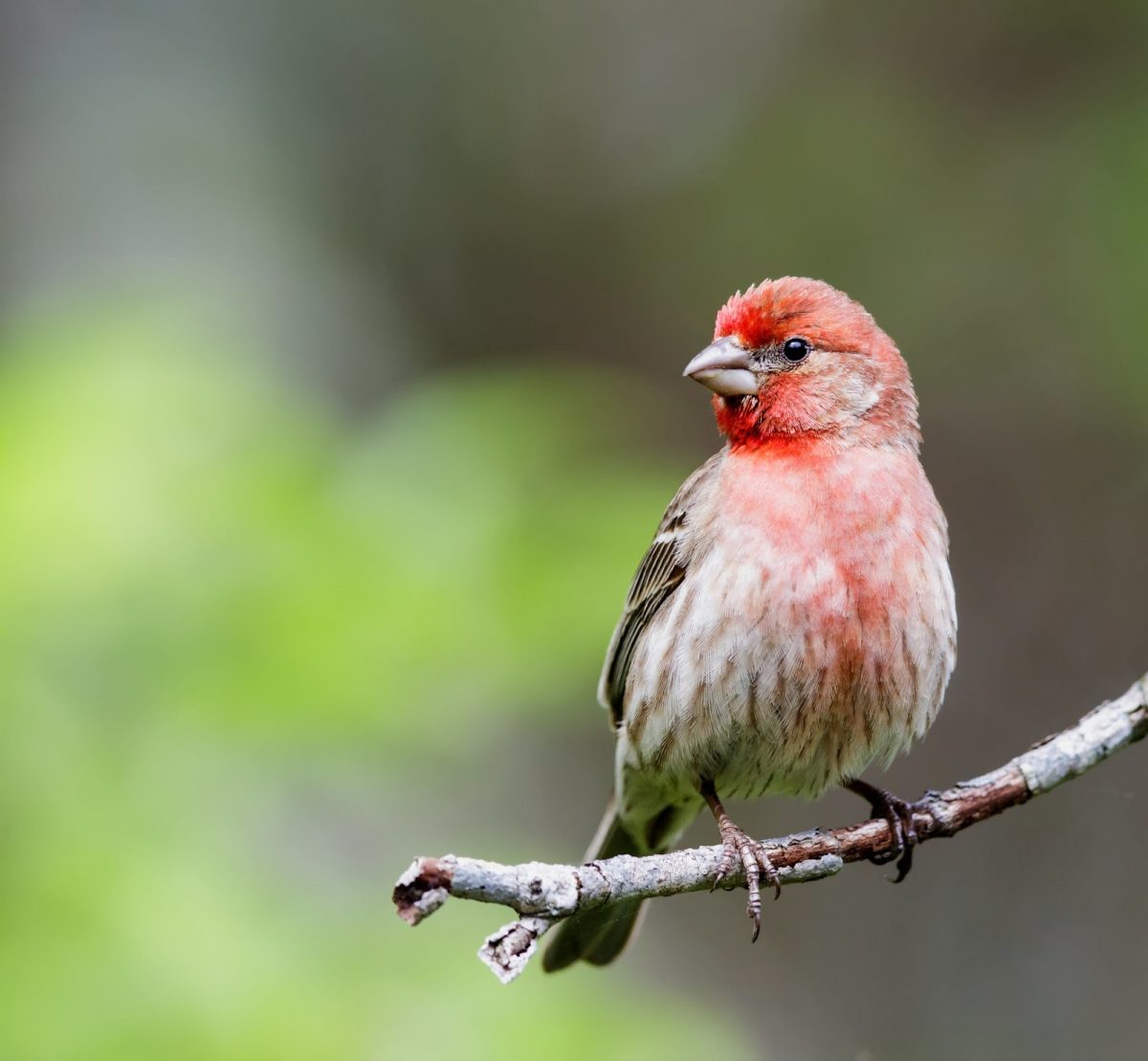If you ever feel dreary as you walk to your next class, consider looking up and listening for a bird boost.
Research shows a connection between exposure to wild birds and improved emotional well-being. For students at Diablo Valley College, simply observing the ducks, sparrows and hummingbirds that fly about campus can be a free and easy way to combat stress.
DVC horticulture student Milo Soltero, 23, said the presence of birds is reassuring to him.
“If there’s no birds somewhere I don’t trust it,” he said. “If the birds don’t like it, I wouldn’t like it.”
Soltero is not alone in finding comfort in birds.
“I really like how much nature is integrated into the campus,” said Eve Lyford, a 22-year-old cultural anthropology major.
“That definitely puts me more at ease being here.”
Though native birds can be found in bleak winter weather, with spring just around the corner it will soon be easier than ever to catch a glimpse of the many bird species that call DVC home. This is thanks in part to the abundant greenery around campus.
“Any time that there’s nature and wildlife, and flora and fauna of any kind, it’s good for people to experience it and be in it. That’s why it’s great that our campus has a lot of trees and ponds and natural spaces,” said Kathy Bennett, a mental health counselor at DVC.
“I think people maybe just go from class to class and don’t realize we have a little ecosystem there.”
In addition to the de-stressing effect that birding can have on people, appreciating suburban wildlife is also a great opportunity to befriend fellow students and strengthen social connections.
DVC offers one way to do this with weekly “wellness walks” led by counselors. These guided walks provide a calm, welcoming setting for students to meet each other and be present in the environment around them, and birds often feature prominently on these excursions.
“What I’ve experienced on the wellness walks, especially in the spring, when we’re walking [near the lake], students see little baby ducklings or baby goslings,” said DVC counselor Christie Harrington-Tsai, who coordinates the wellness walks.
“Students will always pause and watch them and say how cute they are. I’ve seen it bring students together.”
Bennett and Harrington-Tsai agreed that the campus lake is an ideal spot to unwind and “be present” with the sights and sounds of suburban nature.
Naming things you can see and hear in the moment is a useful grounding technique to reduce anxiety, said Harrington-Tsai. And the presence of wild birds, from raucous geese and chirping chickadees to majestic great egrets and tiny Anna’s hummingbirds, provides an accessible opportunity to do both.
“I think it’s a great creative way to get people more engaged with their surroundings,” said Bennett, and appreciate “the different types of birds or wildlife we have on our campus.”
While the flocks of Canada geese may be the most attention-grabbing species on campus, some students find them—and their droppings—annoying, while others feel they are endearingly entertaining.
“We really like sitting and watching the geese,” said Lyford. “People also notice the turtles, and then I always notice the egrets, and we’ll stop for a few minutes and watch them.
“I just enjoy having the birds around.”








































































BeiBei • Feb 16, 2024 at 11:57 am
Great insight, and excellent reporting!